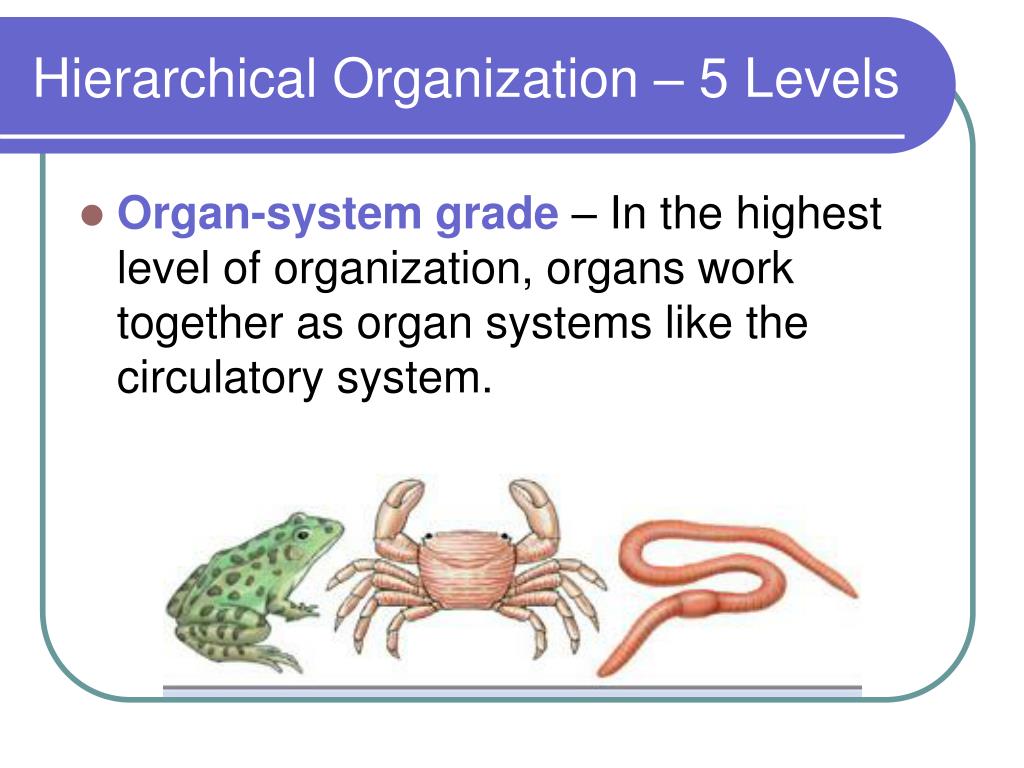

If your variable needs to be embedded inline, use bracket syntax # to do so. If I use it while I compile the frontend it works fine of course, but I cant load the module as a function in a script tag such that I can use it again. However no combination of methods I try can get the module to work during a callback. Everything tried so far just doesn't seem to be working. Need to pass this to the client and using pug as the template engine. Achieved this in node.js/express application with socket.io. To set the entirety of an HTML element equal to a variable, use the equals operator = to do so. Im trying to pass a function (timeAgo module) to my Pug template to be used in my frontend Javascript during a callback. 1 The basic problem is as follows: Passing an object from my c program, which is serialize and send through a socket. The names of the variables in your Pug file become siteColors and siteNames. Inside your index.pug file, you then have access to the locals variable by way of its keys. Sources of Data Jump to heading When the data is merged in the Eleventy Data Cascade, the order of priority for sources of data is (from highest priority to lowest): Computed Data Front Matter Data in a Template Front Matter Data in Layouts (only in 0.x) Template. Pug templates can access variables passed to the res.render function in Express (or pug.renderFile if you are not using Express, the arguments are identical). Set your own data anywhere in the Data Cascade to render in your templates. Until then, you can use something like this instead of require.It's possible to pass variables from your server into Pug for dynamic content or script generation. Require.resolve with paths and non-existent directory returns incorrect local file when using.

template.pug doctype html html body ul each e in names li e In the template, we use the each form to go over the list of data passed to the template. You can see it here and watch if it gets fixed: Pug.js passing a list of data In the following example, we pass a list of data to the template engine and process it. There is a bug with require.resolve when passing paths as an option. If I explicitly pass require as my local then the path would be the folder of that file where I passed local require. That is from where I render my pug templates so that is from where it is available. If I do ('./') inside any of my pug files, it will show me that the path in which resolve happens is inside my routes. I also didn't pass in process.env but it is also available. I didn't have to pass require statement to my pug locals. babelrc.js and populate paths by yourself. You can either pass manually all those aliases and roots to the paths option inside require.resolve or you can write your own logic that reads configuration from. Const path = require ( 'path' ) const walk = require ( 'pug-walk' ) const runtime = require ( 'pug-runtime' ) const _ = require ( 'lodash' ) const pugPluginRequire = ( ) => ( `) this will be ignored and not manipulated as it doesn't match regexp.Īlso, if you are using some kind of module resolver, for instance babel-plugin-module-resolver that will not work out of the box.


 0 kommentar(er)
0 kommentar(er)
